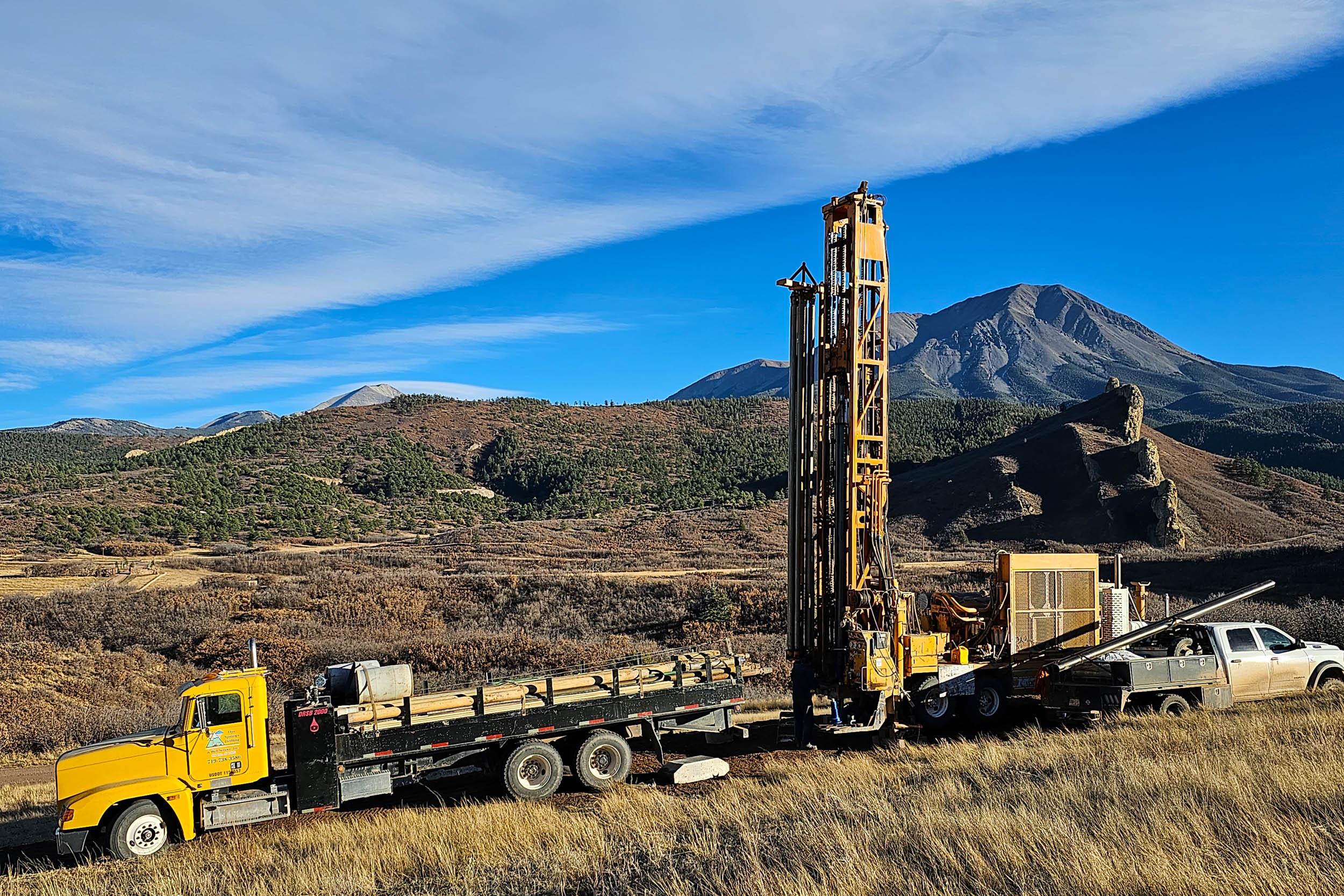 Showings of the television series "Cosmos" at the Fiske Planetarium in Boulder have drawn large crowds each Monday this spring. Each screening is followed by a question and answer session with Fiske Director Doug Duncan.
Showings of the television series "Cosmos" at the Fiske Planetarium in Boulder have drawn large crowds each Monday this spring. Each screening is followed by a question and answer session with Fiske Director Doug Duncan.
After recent episodes, audiences talked about the relatively new theory of continental drift proposed by scientist Alfred Wegener in 1912. That theory only became generally accepted after geologists Marie Tharpe and Bruce Heezen analyzed maps of the ocean floor in the 1950s.
The continents move “at about the same rate that fingernails grow,” reveals Duncan.
The personal story of Michael Faraday, inventor of the electric motor, also piqued the interest of Boulder audiences. Faraday was born in a English slum and received little formal education, but through an apprenticeship to a bookbinder, he had the opportunity to read voraciously and become self-taught.
“This continues a theme in the program that many of the great scientists in history were poor, and they were driven by curiosity,” says Duncan. “In much of life, whether you succeed or you’re believed depends on how much influence you have."
By contrast, in science, Duncan says, your success depends on your experiments and findings.
Faraday’s experiments revolutionized society by proving that electricity could be harnessed as an energy source. Duncan notes that for his success, Faraday was demoted by his boss.
The nature of life and immortality, on Earth and in the cosmos, was another topic of discussion after Episode 11, “The Immortals.” The episode discusses the first person known to sign her name to writing, the Akkadian princess Enheduanna, who lived more than 4,000 years ago.
“Writing makes you immortal. You can speak to people when you are no longer here,” explains Duncan. DNA is also a form of immortality, according to "Cosmos," because it links ancient ancestors and modern generations.
The final episode of "Cosmos" will be screened at the Fiske on Monday, June 2 at 7 p.m.









